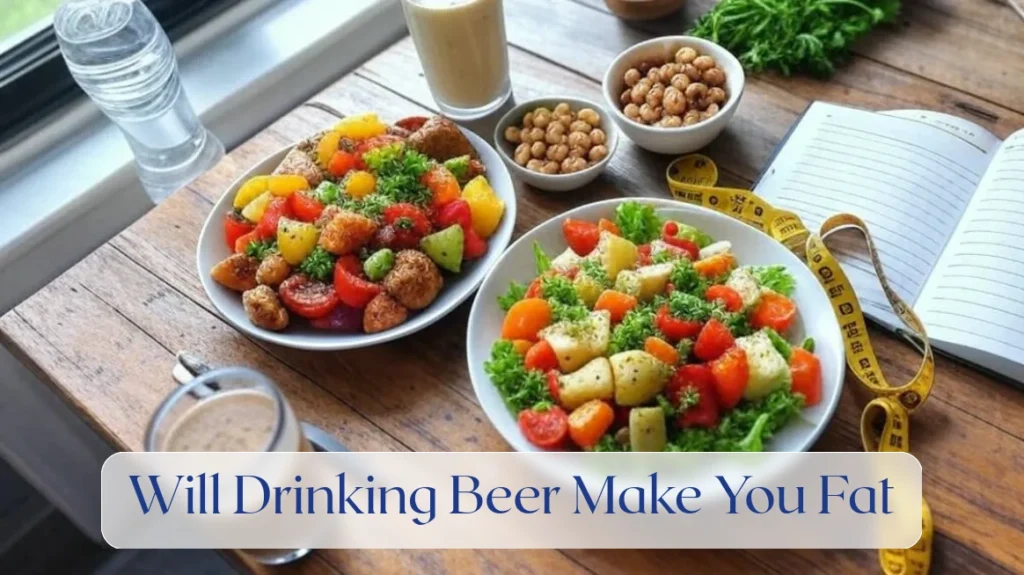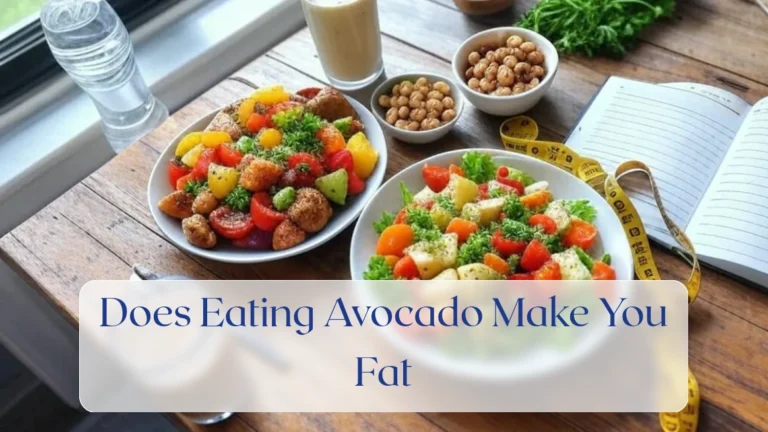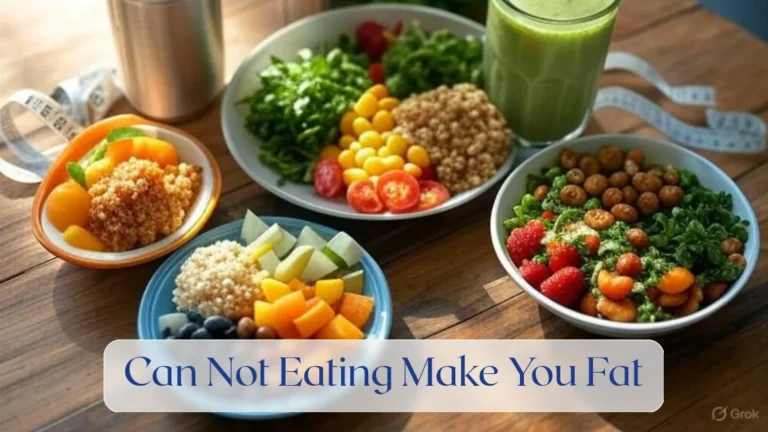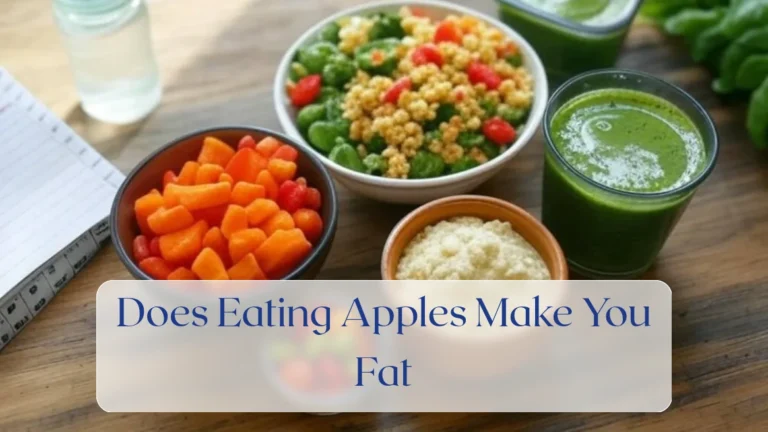That post-work beer… guilty pleasure or weight gain waiting to happen? Let’s settle the debate: Does beer really pack on the pounds? This article will explore how beer impacts weight, offer smart drinking tips, and suggest some healthy alternatives. Beer can contribute to weight gain, but it’s not the sole culprit. Let’s delve into the factors involved.
Beer’s Calorie Content: The Big Picture
Understanding Beer Calories
The calorie content of beer is primarily derived from the carbohydrates used in the brewing process, primarily from grains like barley and wheat. Alcohol itself also contains a significant amount of calories – approximately 7 calories per gram. A standard bottle of beer (around 330ml) can range widely in calories, depending on the type.
Different Beer Types & Their Calorie Counts
Lighter beers like lagers generally have fewer calories than heavier beers like stouts or ales. The fermentation process significantly impacts alcohol and calorie levels. IPAs, although lighter in color, often have greater caloric counts due to alcohol content and ingredients in them. Similarly, variations of wheat, barley, and experimental use of ingredients greatly vary percentages within a broad calorie margin. Observing nutritional labels on imported bottles often provide insightful answers before consumption, as information and regulatory compliance might vary from country to country.
Comparing Beer Calories to Other Drinks
Compare a standard beer to soda: You are often consuming more caloric content in larger beer servings, sometimes by doubling or tripling the drink volume (consider pint v bottle). The drink that most aligns with beer’s range of calory content though, is high calorie Juice — another aspect where smart decision and labeling makes sense.
Alcohol’s Impact on Metabolism and Appetite
How Alcohol Affects Your Body’s Fat Storage
When your body processes alcohol, it becomes it’s priority. It tends to break down the alcohol first before dealing with, say from fat from food you just consumed – meaning, fat more likely gets reserved or added rather than broken down, at such moments. Additionally, alcohol directly interferes with normal hormone functions in bodies that convert calories and fat. This can cause a decrease in fat metabolism which further prevents burning of calories.
Alcohol’s Influence on Appetite and Food Choices
Alcohol is also known to decrease inhibition; sometimes provoking to poor nutritional judgment, consumption of more food, possibly less healthy one! Alcohol intake also is not an energy boost even if it ‘feels so’, as processing Alcohol reduces your overall caloric balance often without direct result! One frequently does not eat enough good calories that the drinker ‘needs, often even consumes unnaturally more calorie poor option because Alcohol may take much longer for you to achieve such feelings, compared, comparatively to solid food. In these scenarios people who often drink ‘regularity’, usually fail to find equilibrium and a good ‘calorie balance’ to follow, that can greatly make health and weight difference.
The Role of Empty Calories
Beer, primarily provides ‘empty of nutritional aspect’: most alcohol related or not, calories do give you immediate energy levels for a few intervals – or maybe make it appear like one!, for an hour at most most cases, yet contain scant on nutritional aspects in all these scenarios: Your body isn’t getting vitamins, minerals, or fiber from most beers unless there are considerable exceptions(not in common for most popular drinks though!). Focusing only solely on Beer as main source of Hydration or energy will result is an issue in the medium to longer run!. These “empty calories” contribute significantly to overall daily intake, without compensatory benefits of energy retention or replenishment of vitamin deficiency one can get with other options including solid food; the net overall affect if you purely use energy primarily on Beers is negatively affect your fitness goal rather than supplement it in positive aspects on top on workout plans
Beyond Calories: Other Factors Affecting Weight
The Impact of Drinking Habits(Frequency & Quantity)
This is more often, usually missed aspect that often greatly determines fitness achievement/result! Regularly alcohol consumption—even moderate amounts—leads towards negative result in achieving fitness goals. Excessive consumption may simply reverse any calorie reducing exercise planned!, because alcoholic drink have very long term effect as the effects might take longer; your body will need to catch up if not appropriately managed! Frequent drinking reduces your opportunities to concentrate sufficiently also on your health planning, especially if excessive and becomes a hindering factor – making hard achieve goals one wanted! Also, it’s easier to sustain regularity with a healthy regime and fitness planned out while also staying social — yet this can also fail if too much attention falls predominantly on only having alcoholic drinks and very limited healthier alternatives alongside one.
The Role of Food Choices While Drinking
Snacking usually are involved; because eating and other unhealthy foods tend go hand-in-hand – thus you generally consumed potentially even more calories from such combinations: it may result in much greater quantities than solely beer alone: consider salty chips snacking along side for example.
Individual Metabolism and Genetics
One size doesn’t even approach the answer in this circumstance: Individuals handle substances individually differently: certain groups of populations or person, simply just responds slower or reacts negatively comparatively in the rate or ability to burn calories from Alcohol than others depending mainly on genetics or related factors, like overall nutrition or fitness regime for specific cases . This may effect also those following dietary and/or fitness management. So simply knowing of average level responses might be useful not reliable indication on any specific person — thus individualized attention has higher certainty.
Smart Drinking Strategies for Weight Management
Moderation: The Key to Enjoying Beer Responsibly
If you do enjoy an occasional alcoholic drinking beverages, moderate your intake or even choose entirely exclude or limit in quantity (it not absolutely important and compulsory) and to only occasionally to a couple on special occasions; that should sufficiently contribute towards reduction. The main rule to stick on this instance of weight management is limiting total consumed caloric beverages amount within overall management of energy or calorie input and output.
Choosing Lower-Calorie Beer Options
Consider lighter beers a great choice rather always opting for heavy ones — it already considerably lowers substantial input of unwanted added caloric levels from the Alcoholic drink.
Balancing Beer Consumption with Healthy Lifestyle Choices
Remember: this works like a “calorie-management” regime. Maintaining a healthy balanced caloric intake while managing alcohol amount well usually results a manageable strategy to remain fairly healthy in managing overall daily physical body system (or metabolism); without being too extreme and restrictive either. In the end all dietary advice aims reducing and overall balancing: thus the drinking of beers alongside or as an accompanying snack requires that one should remain balanced at an overall fitness levels by appropriate levels of exercise (this usually would balance out with consumption also).
Beer vs. Other Alcoholic Beverages: A Comparison
Calorie Comparison: Beer vs. Wine vs. Spirits
Spirit (such as vodka,whiskey,gin) options are often less calorifically rich in similar or equal volume compared Beer: especially since their is addition of mixers(like water), or dilution of drink in water; making their serving generally lesser alcoholic percentage too, also often having substantially lower caloric intake depending on exact recipe used while other beverages do similarly contribute as much in volume. Lower sugar Wine similarly can be a potential lower less-caloric choice, compared to beer but varies much in ingredients. Some wines could also potentially far excessively calorific. For accurate estimation in some of these cases reviewing labels (which may lack also for regional produces) or research using reliable, independently verifiable and verified online resource or published article should assist. Most beers still have comparably greater calories than moderate volumes equivalent other alcohols of beverages. As usual for all diets – check labels and read contents.
Nutritional Differences: What’s in your drink?
Beyond calories, pure alcoholic drinks without added sugary fillers or syrupy ones usually tend to provide scant on nutrients – including commonly Beer.
Impact on Weight: A comparative analysis
There is not simple answer nor direct comparative measurement without taking multiple factors noted that could greatly skew the numbers in results per person: one can find different people responded differently so comparative analysis will generally fall apart; such information may find be helpful in providing indication at broad general level only; certainly won’t provide certainty one particular person or type or case. Each individual are quite different in reactions due also genetic factor thus making generic response potentially difficult. Again, read your serving measurements and amounts before proceeding with drinks and check if other supplementary food to balanced or compensate calorie intakes
Frequently Asked Questions
Does drinking beer everyday make you fat?
Yes, drinking Beer every day will almost be certainly lead towards obesity most situations. The persistent daily consumption and accumulating extra calories with daily frequency increases the propensity greatly in exceeding those managed accordingly unless sufficiently balance using means noted that reduce it like appropriate exercised etc .
How many beers a week is too many for weight management?
A guideline for responsible drinking and not interfering goals, is 2 or three beers less frequently per week as maximum — it varies with each individual genetic factor, thus a direct number does no account every individual circumstances as it could even range per certain degree based other factors (amount, types, meals, fitness practices). Check your nutrition for yourself. Again, moderation greatly impacts results and reduces undesired effect positively without sacrificing one’s fun or entertainment entirely! Check with local advisory and local medical authorities in situations of personal health plans and need .
Can I lose weight while still drinking beer occasionally?
Yes – this should not interfere fitness if moderation practiced, managed by calories tracking and keeping total caloric in good balance with a exercise levels. Exercise planning (fitness management and lifestyle changes accordingly in addition to alcohol tracking help) significantly offsets the extra drinkings and makes such regime entirely manageable. You simply should actively focus all these additional considerations well ahead; planning ahead make such management a highly manageable lifestyle.
Are low-carb beers really better for weight loss?
Potentially. But, watch for those “low carb” beverages: generally “low carb” does mean generally just that; less sugar and carbohydrate; not that it means reduced on total calories. A great deal still depends highly with other ingredients too (if they were reduced etc). Calories are primarily factor that matter most if one is targeting to weight losing, than if a low carbohydrates type alone; if so, overall total calorie count matters more! Again check nutritional labels and always consume within limits on that amount to help your diet management. There is no magic drinks on these ones!
What are some healthy alternatives to beer?
For refreshment consider still water, or herbal flavor or fruit teas (unsweetened ones! check label); such refreshing beverages help a deal and will improve hydration status. Similarly check on fruit purees unsweetened. There are so quite a few such delicious nutritious drinks.
Conclusion
Beer, particularly when consumed frequently, without accompanying efforts in countering adverse metabolic levels to remain appropriately balanced will contribute towards adding in weigh because the excess amounts of consumed empty calories without necessary minerals, vitamin needs or protein for nutritional needs needed. The primary answer though is “moderation” while adopting a comprehensive balanced daily well planned routine which considers exercise, your meals calorie intake and calorie expenditure, if someone genuinely care to remain fit to not just rely on pure diet changes. Share your thoughts and experiences managing your weight, fitness, calories tracking and lifestyle incorporating such goals successfully after you have tried the tips here! Let’s promote balanced fitness and fun!



